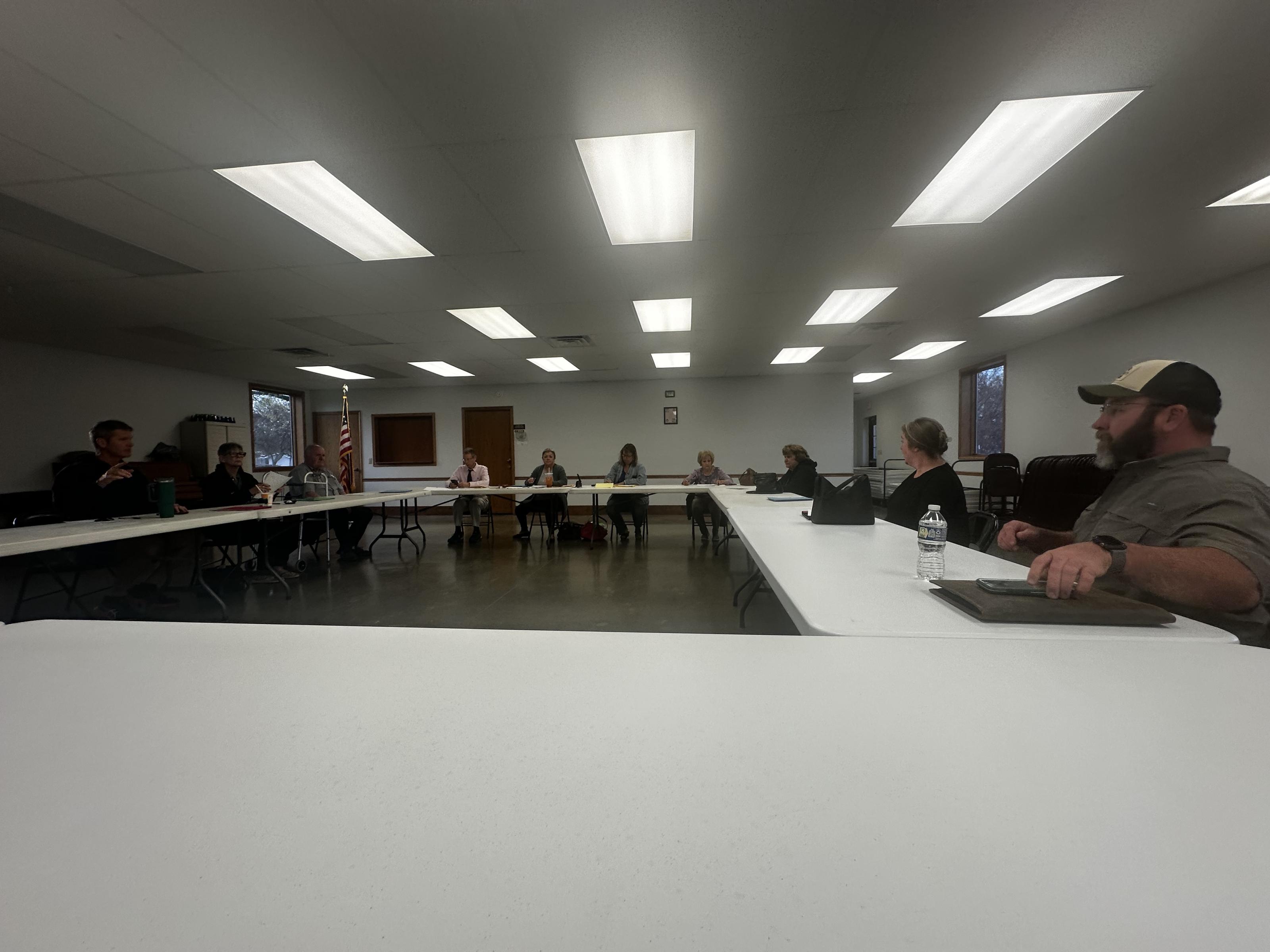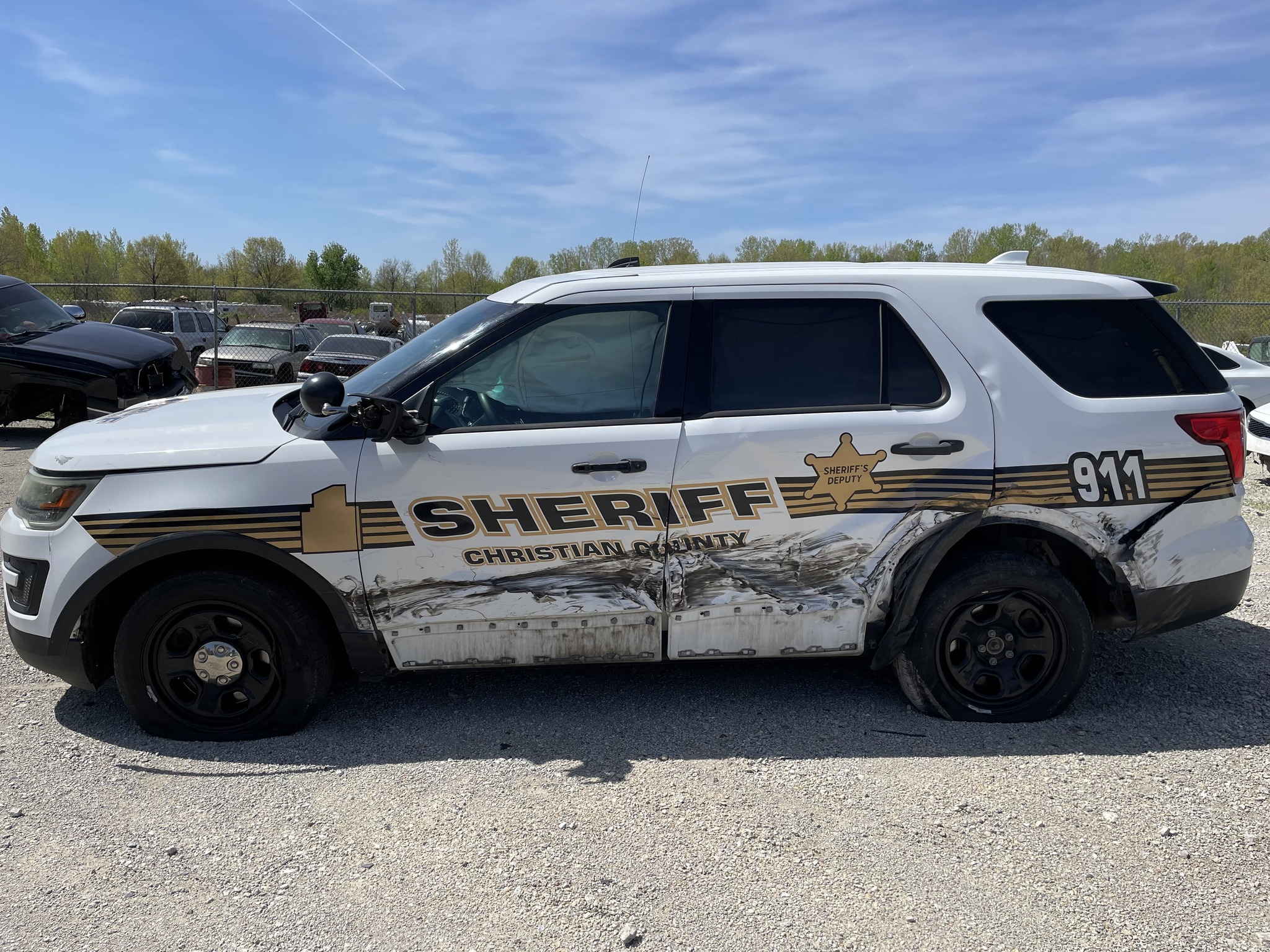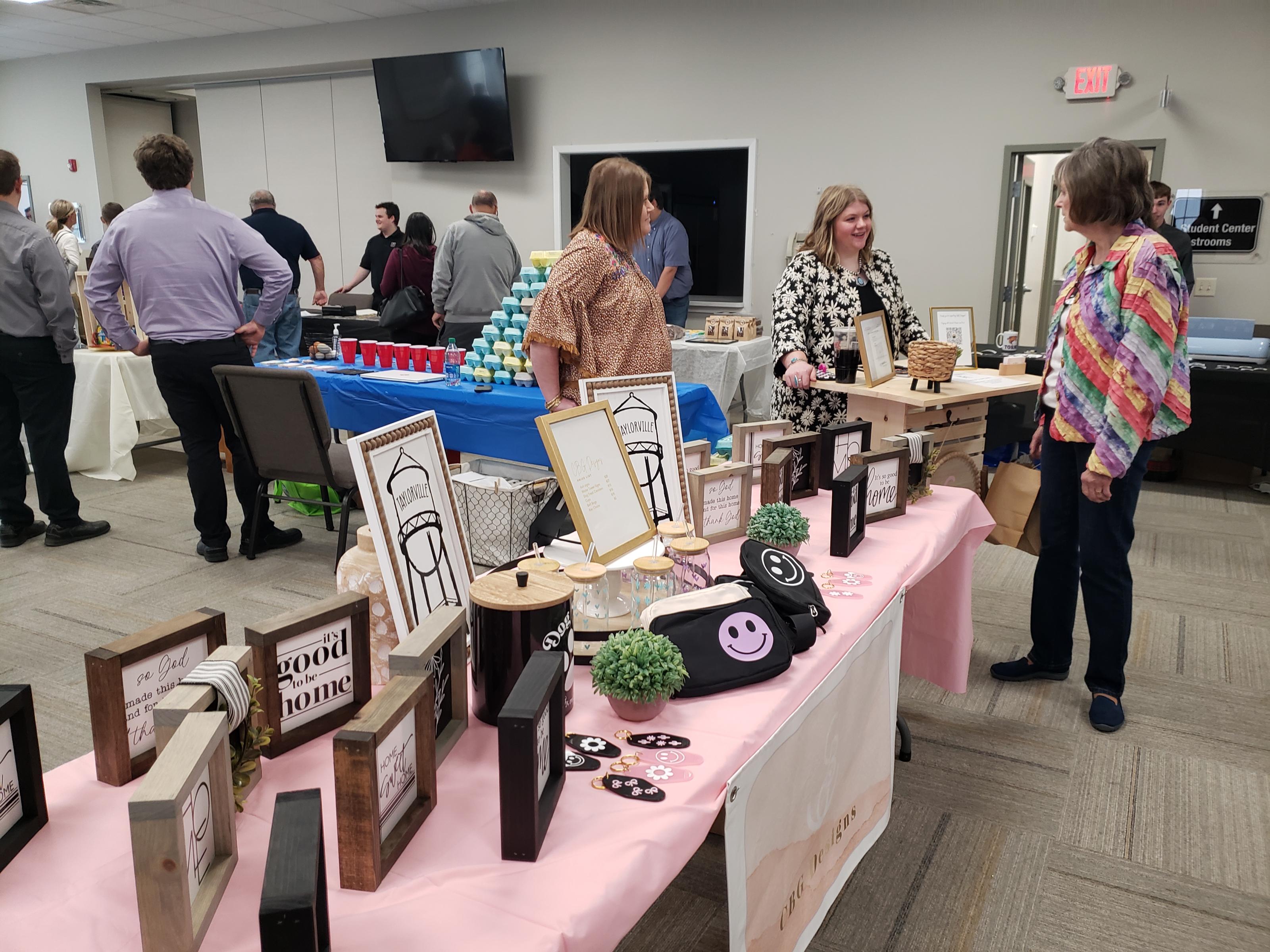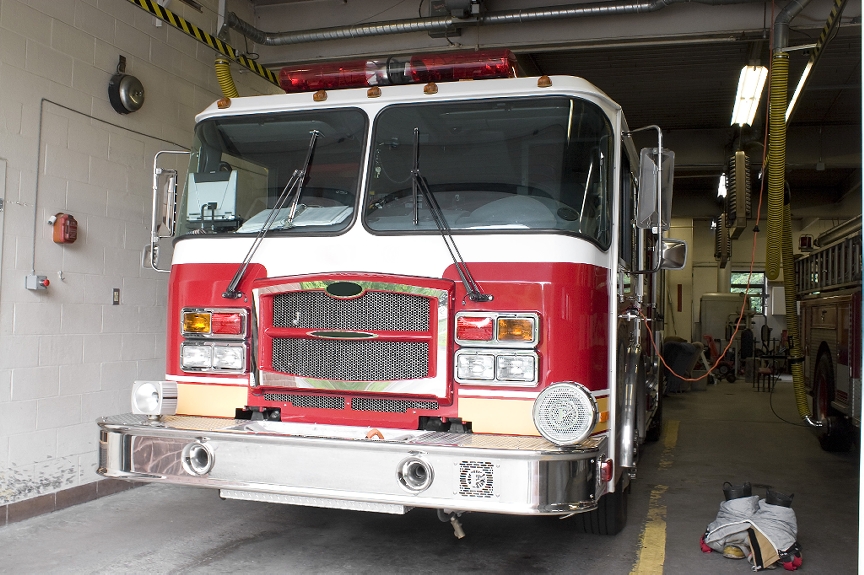Letter to the Editor
Posted September 5, 2017
Dear Editor:
Written In Opposition To Proposed Hog Confinement by Dereke Dunkirk & Borgic Farms
This letter is being written to you in opposition of the proposed new Dereke hog confinement facility proposed on E. 5th Road, Farmersville, and any expansion thereafter. All residents will be affected by this facility if constructed, either directly or indirectly.
My property is about a mile from the proposed site. Some residents are closer to the site, while others will be caught between the current hog confinement on Morrisonville Avenue, west, and the new proposed one to the east. They would be less than three miles apart. Two hog confinement facilities in our rural neighborhood is too many and puts us at severe risks.
It seems they are building all the hog confinements around Farmersville. We have at least three now. Residents had no prior notification of this concentrated hog facility or any information on it: wean to finish operation, waste application intentions, use of hormones or steroid feed additives, available water sources, etc. There are several environmental, financial and quality of life factors that put myself and my neighbors at risk if this facility can be built here.
The first major concern is our water and the flooding issues we have in this area by the proposed site and south, east, north, west of it and directly in front of the just recently sunk well. It is scientifically proven that hog waste, fumes, chemical applications, and various diseases will contaminate our water, air, and soil with field and ditch run off, leakage and spills. Last year a tanker carrying hog waste from outside of Farmersville had a large gash in the side of the tanker and the driver knew it but kept hauling several loads from Route 48 down E. 5th Road heading north. I could smell it from inside my home. Finally, a law enforcement officer stopped this. It was gushing from the tanker all over the road for over seven miles at least. The smell was the worst I have ever experienced in my life and it lasted for days! There wasn’t any clean up by anyone and it drained into the ditch when it rained.
I have hauled water on numerous occasions over the last few years during dry conditions and worry that our water table will not be able to support a facility of this size or smaller, because at times it cannot support us. When they have applied the manure application on the fields it does drain into our water supply and the stench alone keeps me confined to my home. The direct injection method some use does not prevent the run off that drains onto our properties and into our wells because some of the land is lower and more prone to flooding (coal mine/Gob Nob), in addition to lack of field tile or adequate drainage in the fields. This becomes a public health and safety concern.
Hog waste impacts our watershed and not just the areas immediately surrounding our neighborhood. Water flows as you well know. This contamination impacts waterways and pollutes our drinking water and the water for hundreds of residents downstream, many of whom do not know where this facility will be located. It is important to recognize the cumulative impacts of multiple hog confinements in our area. Two hog confinement facilities within three miles of our rural neighborhood is too many and puts us at severe risks. WE all need and deserve a sustainable and uncontaminated water source.
Flooding is an issue here, due to the low-lying round and absentee landlords who lease their ground and do not take care of it, nor do the farmers they lease to. I have had almost three feet of water in two acres of pasture, had my paddock flooded all the up to my barn, and this is after they sprayed the field with manure. It cost me several hundred dollars to haul dirt to build up where the farmers field would flood my property. The insurance company won’t cover it and would have to redo my entire fence line. The landowner assured me the farmer would make good for all the property destroyed. Not so.
The second major concern is our air. It is well known how horrific hog facilities, lagoons and manure field applications smell. It sickens you to the core. The odors and toxins emitted into our air will be detrimental to our health and our quality of life. Many of us spend more time outdoors than in – mowing, gardening, horseback riding, fishing, caring for other small livestock, camping, entertaining family and friends – and this facility would halt these activities, as it does when they liquid manure the fields. These odors impair our air quality which is a serious health hazard, not just a nuisance. Health issues from these fumes cause mucous membrane and throat irritation, respiratory conditions, stress, anxiety, reduced lung function and acute blood pressure elevation.
The dangerous and deadly effects of ammonia, hydrogen sulfide, methane, and other dangerous gases that rise from decomposing manure are associated with numerous diseases like E. coli, Salmonella, influenza, chronic respiratory problems and antibiotic resistant strains of MRSA and staph.
The third major concern is our land and soil. Antibiotic resistant bacteria can reach and infect us through consumption of contaminated food, through direct contact with animals, or through contamination of soil or water with the antibiotic resistant bacteria. These same bacteria are found in swine waste lagoons and on fields where manure is used as fertilizer. These residues have been found in both surface and groundwater supplies around the state of Illinois. Antimicrobials have also been found in private water wells, surface and groundwater supplies, demonstrating that contamination of drinking water is a reality and a threat to our health, not just a possibility.
The hog confinement will also damage our county roads and increase truck traffic on East 5th Road.
The fourth major concern is the damage to our property, its value, and the increased financial hardship this hog farm will cause. Damage to our properties is inevitable, due to the field spray which was used this spring and has rusted my barn already. Property values plummet to almost 40 percent in some areas, depending on the scale of the stench and the resale value can be less than what your paid for your home.
The county and Illinois need to implement sound AG policies and practices that protect the environment, human health and our rural quality of life from the impacts of these concentrated hog confinements.
Sincerely,
Kelly Robbins
Farmersville, IL 62533















